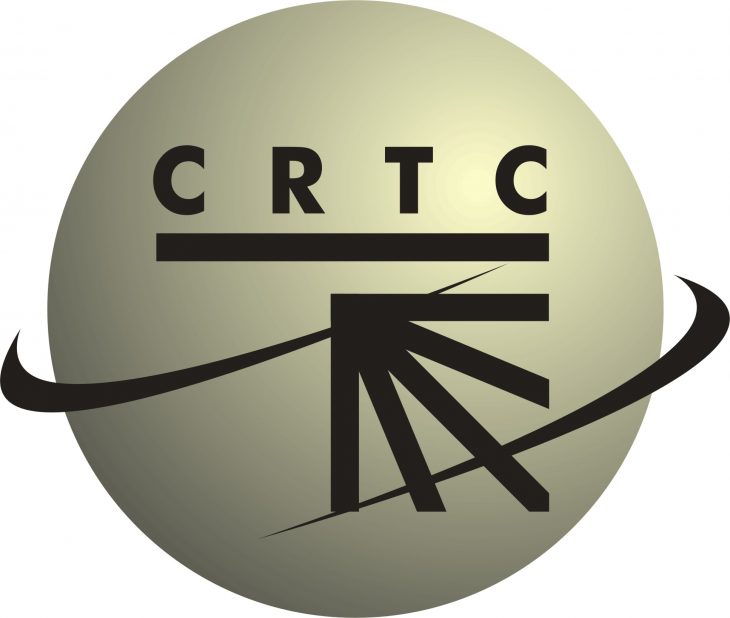
By Denis Carmel
OTTAWA – The Community Media Advocacy Centre, a non-profit organization comprised of academics, lawyers, policy consultants and community media practitioners wants more information from the CBC placed on the public record in advance of its delayed licence renewal proceeding.
It is a regular intervenor in CRTC processes and filed its procedural request on July 22nd.
On February 8, 2020, the group sent a procedural request to the CRTC, asking the Commission to “order the CBC to release all Annual Cultural Census reports it has compiled since it first started preparing them in the first quarter of 2018. CMAC further requested that the CRTC order the CBC to “release the complete notes and reports that resulted from each stage and activity it conducted within its 2018-21 Diversity and Inclusion Plan as posted on its corporate site.”
The CRTC denied the request.
Later after the surge of violence in the USA and the rise of sensitivity regarding racial issues, “CMAC has received CBC figures that detail the numbers and percentages of employees at the Corporation over the three year period 2017–2020, broken down by the categories of: Able Bodied White Males, Visible Minorities, Indigenous Peoples, Persons with Disabilities, and Women. The five tables we received, cover the numbers for ‘Employment Equity Representation All,’ ‘Employment Equity Representation Management,’ ‘Employment Equity Representation External Hire Rates,’ ‘Employment Equity Representation Promotion Rates,’ and ‘Employment Equity Representation Turnover Rates’.”
CMAC argues the data, which are attached to their request, shows the CBC fails to reflect the multicultural and multiracial nature of Canada as required by the Broadcasting Act.
In its request, CMAC says the “CRTC and CBC could provide the public with more information regarding the employment status of ‘diversity groups’ at the Corporation, and that the Commission, given that the hearing is set six months from now, could order the Corporation to comply with CMAC’s request with no undue burden to CBC.”
It should be noted that when the CRTC issued an amendment to its notice of consultation, on June 22nd, it reopened the record but only to deal with additional financial information pertaining to CBC’s digital activities, put on the record on June 12th.
The CRTC indicated it would not deal with interventions that fall outside the scope of this additional information.
CMAC took issue with that. “Are issues of financial viability of digital activities by the nation’s public broadcaster deemed to be more relevant than the guaranteed rights of ‘diversity groups’ to access, reflection, and employment at the network?”
Their request comes at a moment where the CBC has had to deal with the suspension of Wendy Mesley, the resignation of Stockwell Day and the issue on coverage of NYPD vehicles driving into crowds after which CBC News editor in chief Brodie Fenlon said in a blog that CBC News “made a series of errors.” Fenlon added, “With the scrutiny on our work at its highest level, we owned up to some examples where our storytelling was one-sided, or missing perspectives, or nuance, or sensitivity.” His blog post listed a series of initiatives CBC News plans to undertake to be more inclusive, including unconscious bias training and endeavouring to hire more people from “underrepresented equity groups.”
The public broadcaster recently committed to accelerate its diversity and inclusion action plans.
Besides the request for more granular data, CMAC also requested the CRTC panel includes at least two commissioners that identify as Indigenous, racialized, and/or live with a disability. “Diversity on the panel is needed to ensure that the issues of protected diversity groups are included.”
Finally, “given that the composition of the Commission currently is devoid of any Commissioners who are racialized and/or live with a disability, CMAC respectfully asks the Minister of Heritage (to whom this procedural letter is also addressed) to urgently appoint two new commissioners who identify as racialized and/or live with a disability, and to do so before the selection of the Panel that will preside over the public hearing for CRTC 2019-379.”
The CRTC’s roster of commissioners is not devoid of minority representation, however. B.C. and Yukon commissioner Claire Anderson is a citizen of the Taku River Tlingit First Nation and the first Indigenous woman CRTC commissioner and was appointed in 2019. Recently appointed (June 25) Alberta and NWT commissioner Nirmala Naidoo is a woman of colour.



